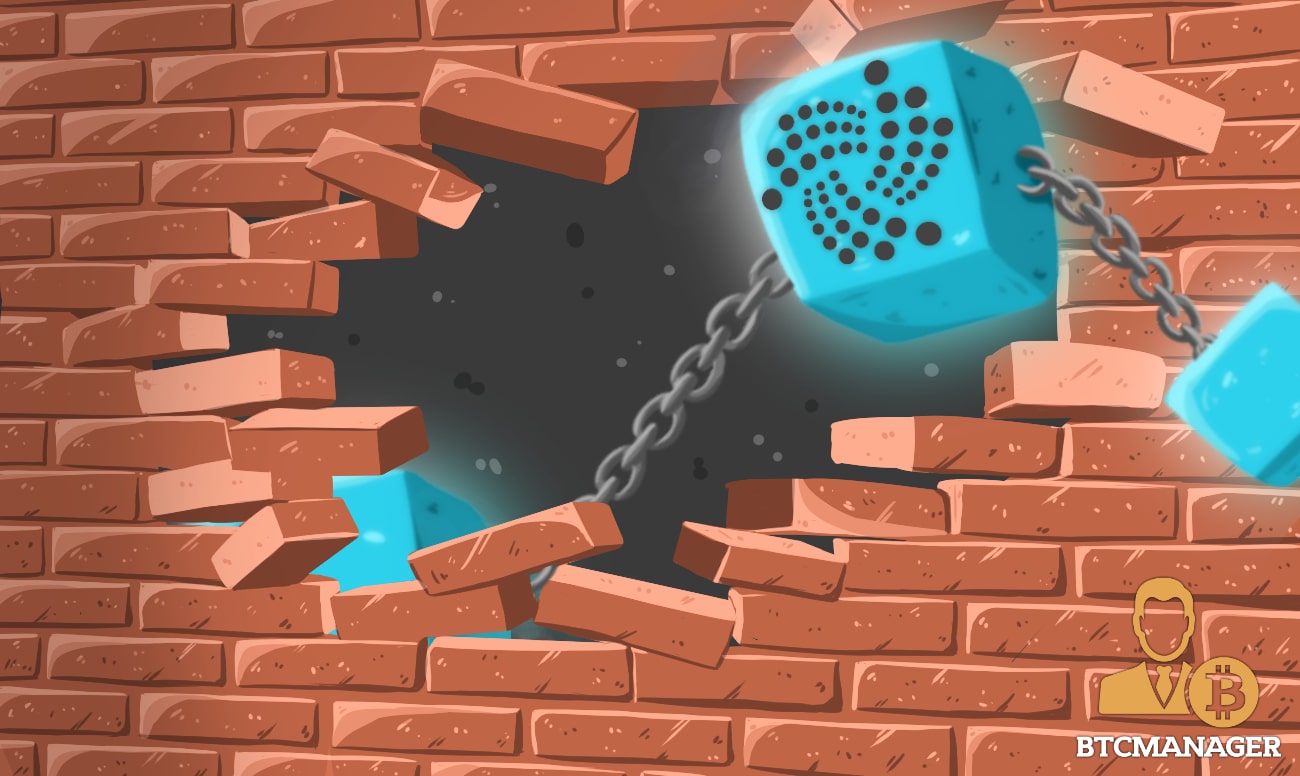IOTA Breaks into Retail Adoption with German Parking App

Trive.Park, an app from German company Trive.Me, is using IOTA’s Tangle in order to facilitate the booking and payment for parking spaces. With the demand for parking skyrocketing, motorists can now book a parking space and reserve it in advance. As per a report from EDAG Engineering, August 20, 2019, customers would pay for it and communicate with the garage over the Tangle, allowing it to be done in just a few taps over the phone.
Retail Adoption is the Missing Link
Ledgers like IOTA that hinge their network security model on growth in adoption and transactions may look to expand their network through business partnerships and corporate use cases. But increasing the number of transactions processed over the networks required retail participation as well.
While businesses may contribute more transactions per user, retail users are larger in number, hence the importance given to both should be relatively equal.
The Trive.Park app will allow parking garage owners to digitize their asset and monetize through an online reservation system.
Trive’s Head of Product, Alexander Süssemilch, believes that IOTA is the best fit because the network has the ability to process the required microtransactions with virtually no fee.
The company believes that technology like IOTA that can rapidly disrupt the mobility industry will allow customers to experience a new level of efficiency for a fraction of the cost.
Coordicide and Network Security
IOTA gained a lot of flak for the way the handled a review of their proprietary basing algorithm, CURL – P. Moreover, developers and cryptographers believe that their network security model trades short term security for other benefits.
In the long term, if IOTA gains the kind of traction they expect from devices connected to the Internet of Things (IoT), it can arguably become the most secure ledger. But if this doesn’t pan out, considering security rests upon the magnitude of transactions, it will most definitely result in a calamitous situation.
IOTA is finally embarking on the initial stages to remove their centralized validator node. This is a huge step toward their vision of decentralized micropayments but could compromise network security if not executed at the right time.










